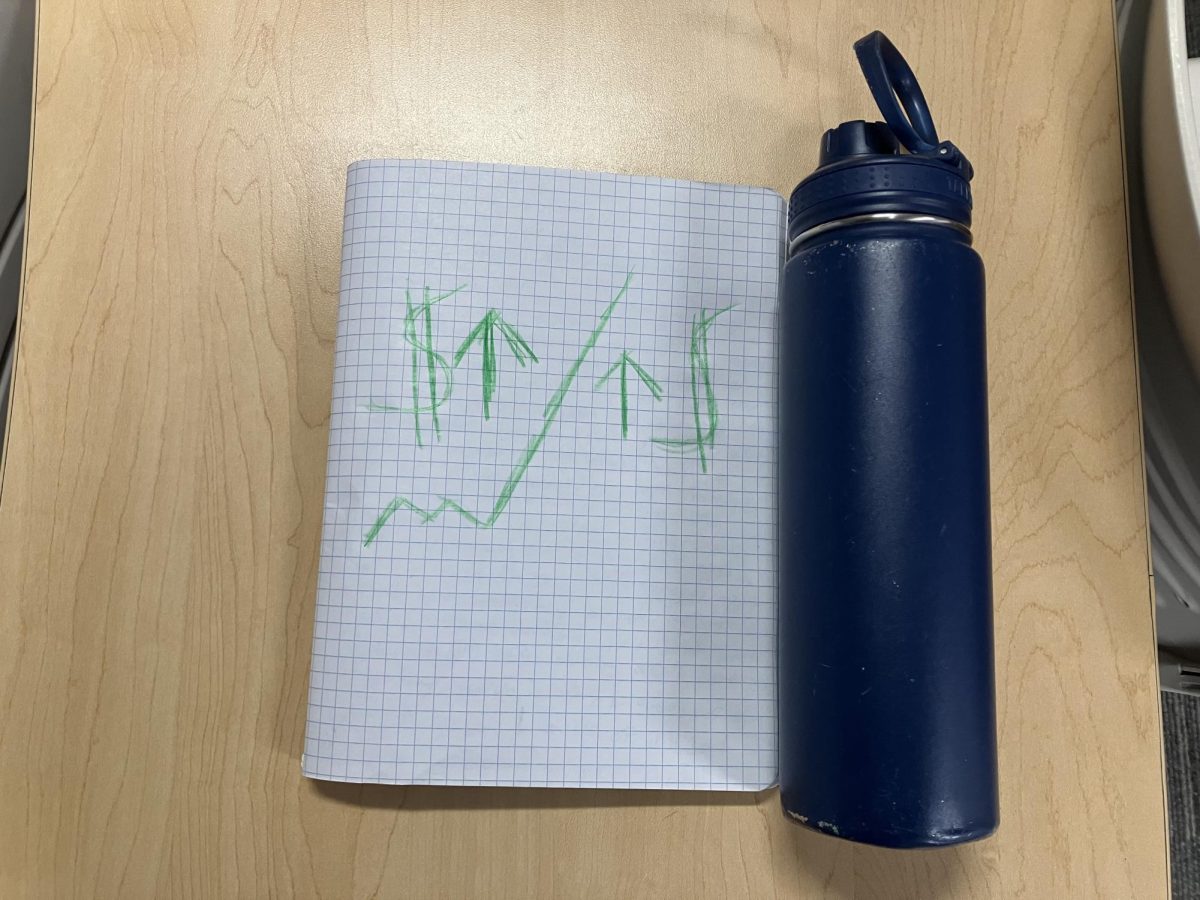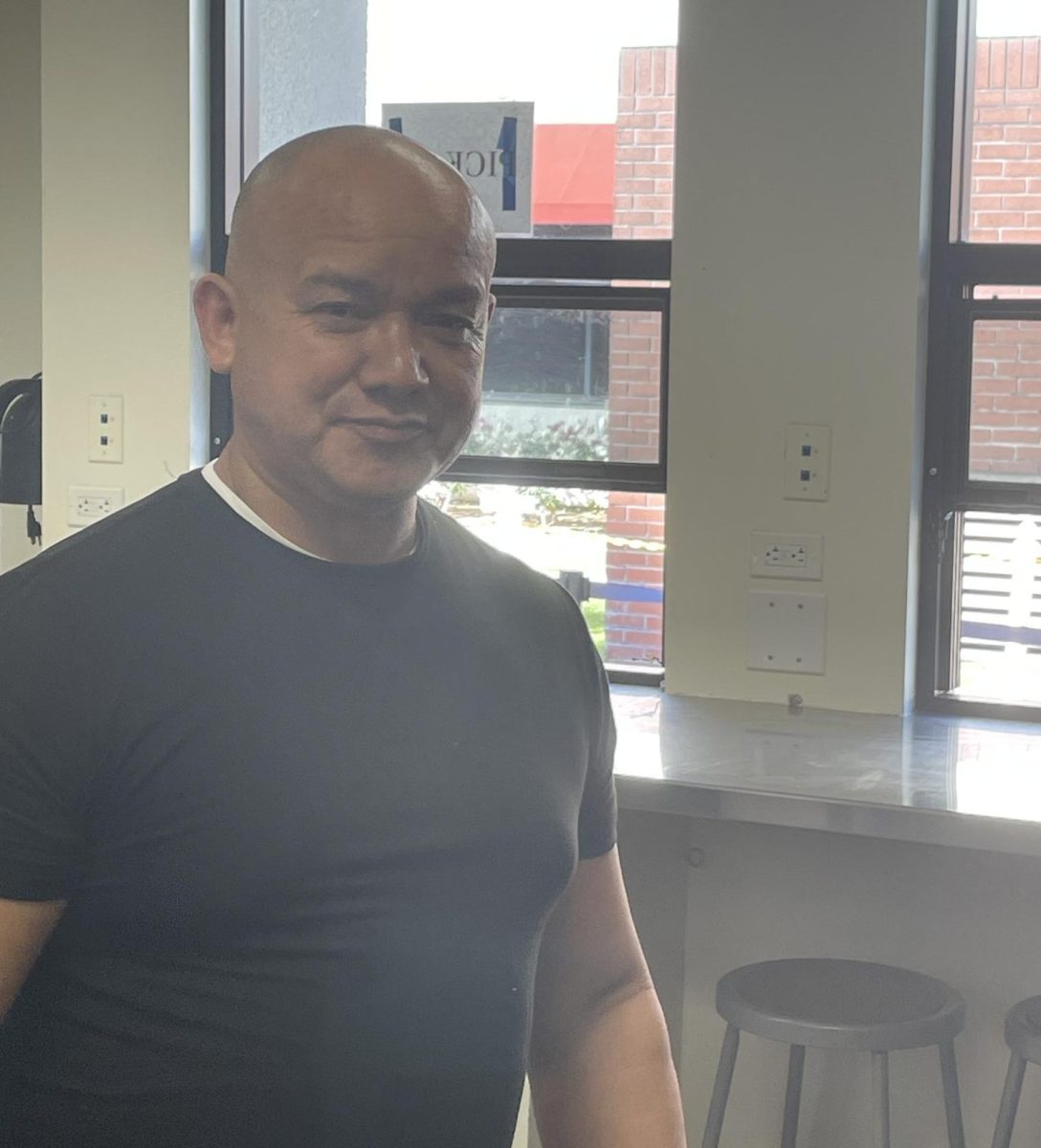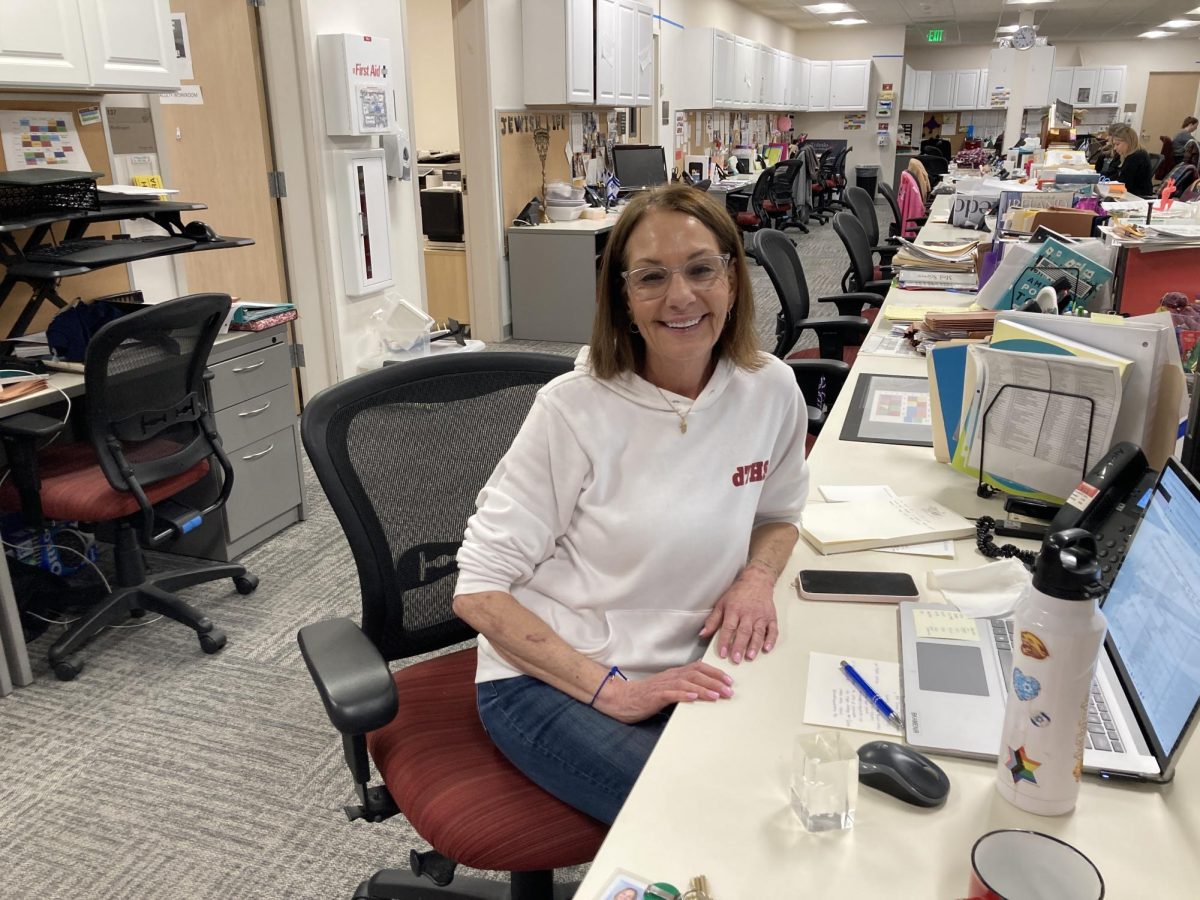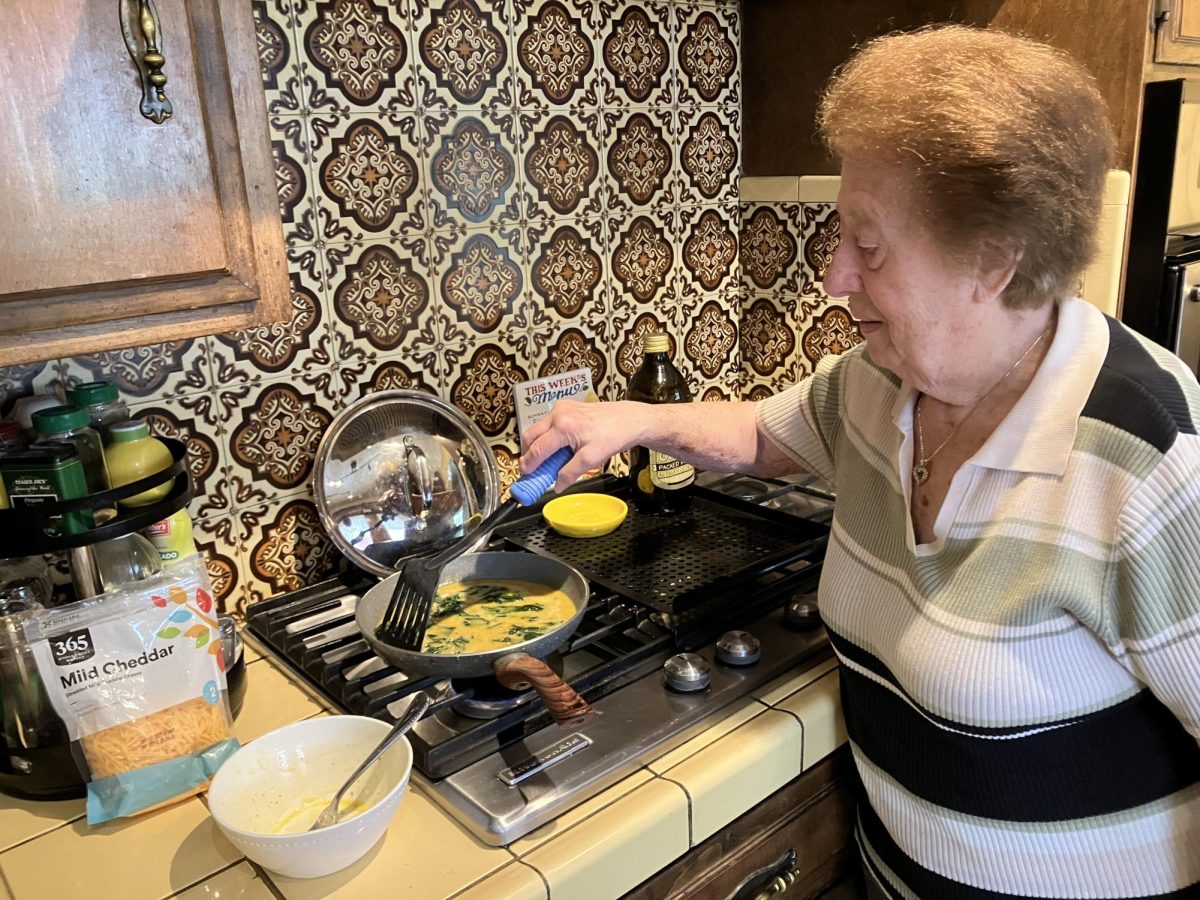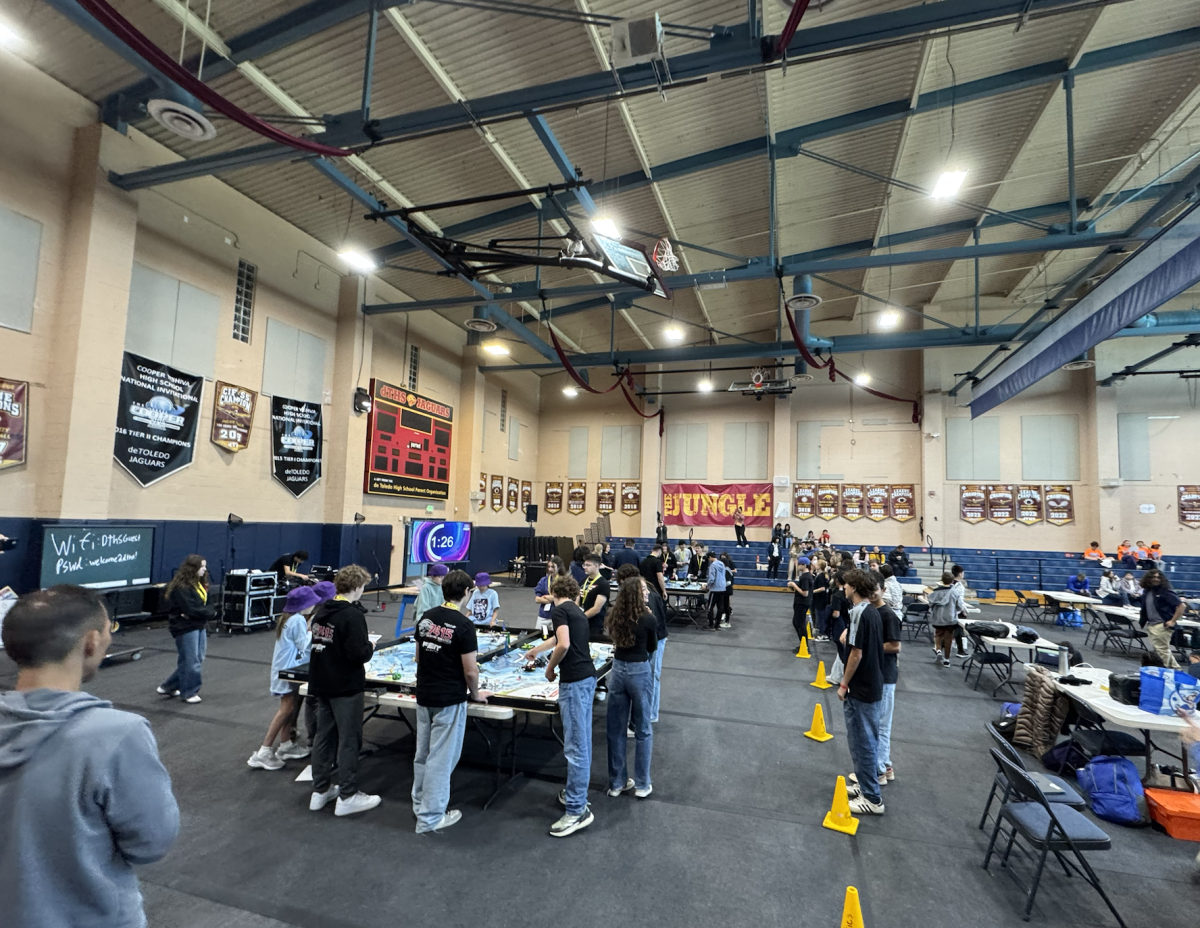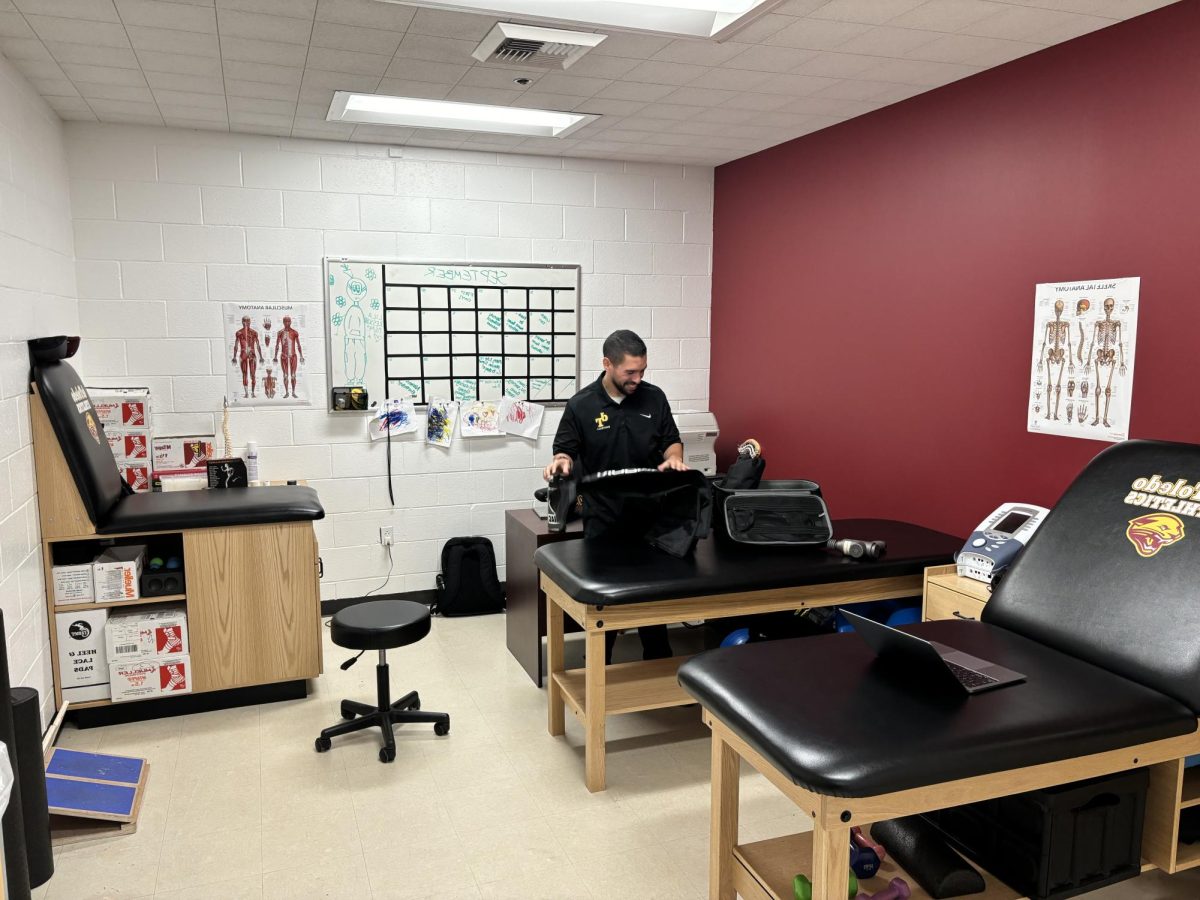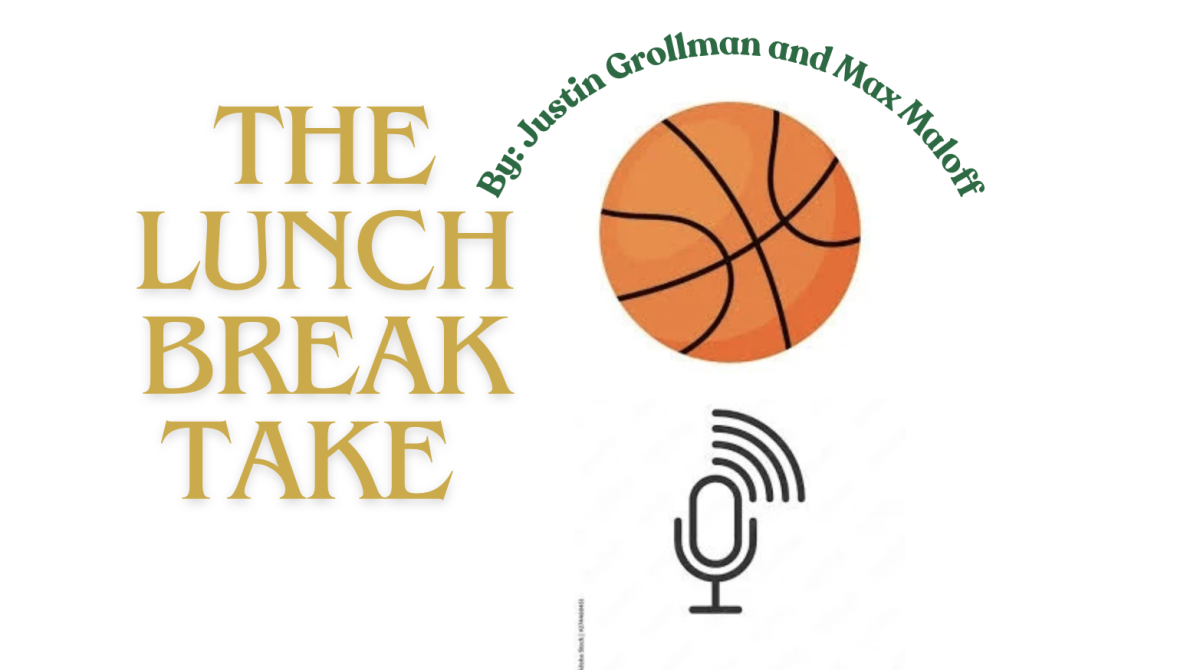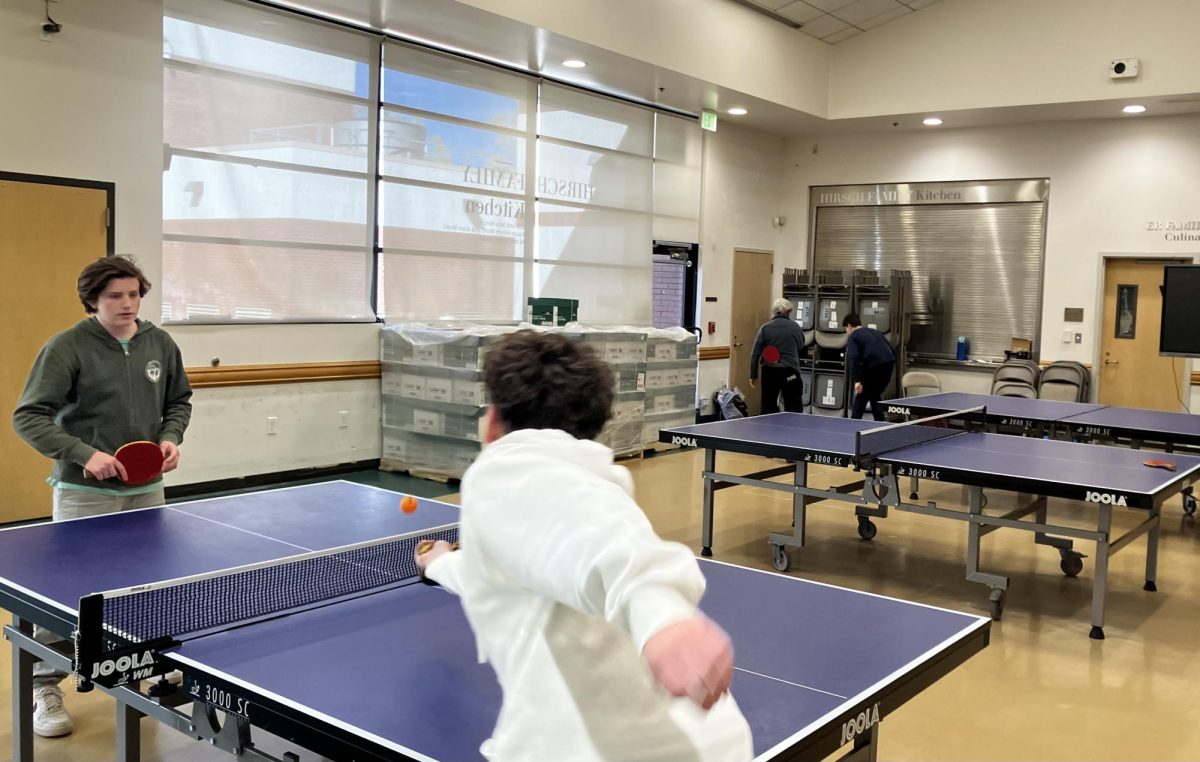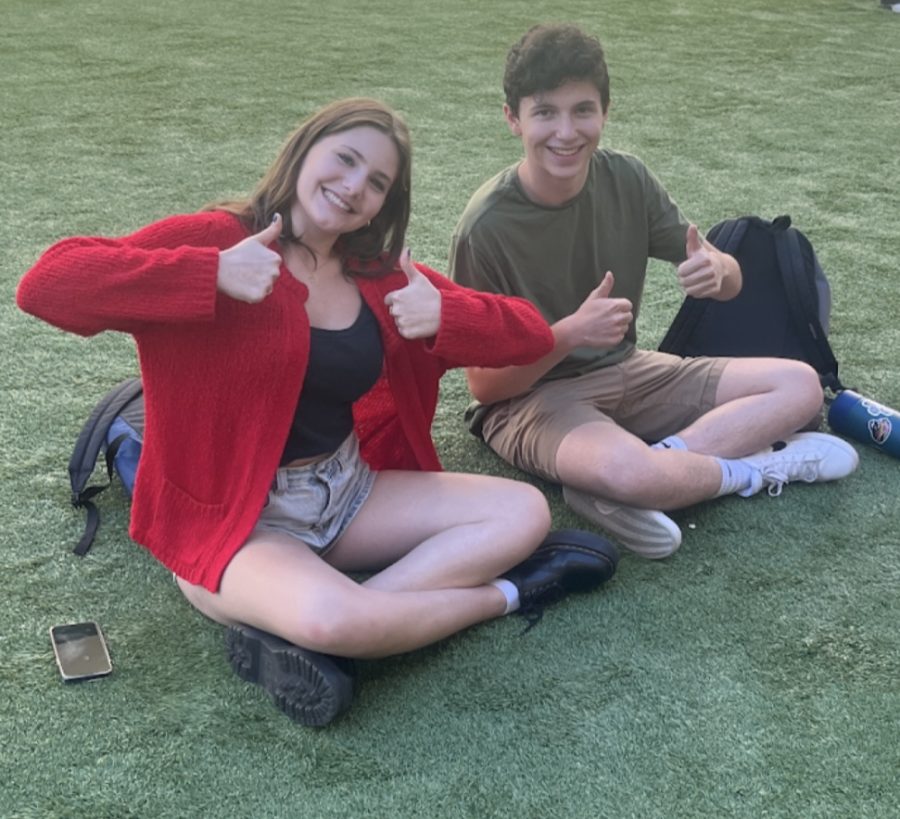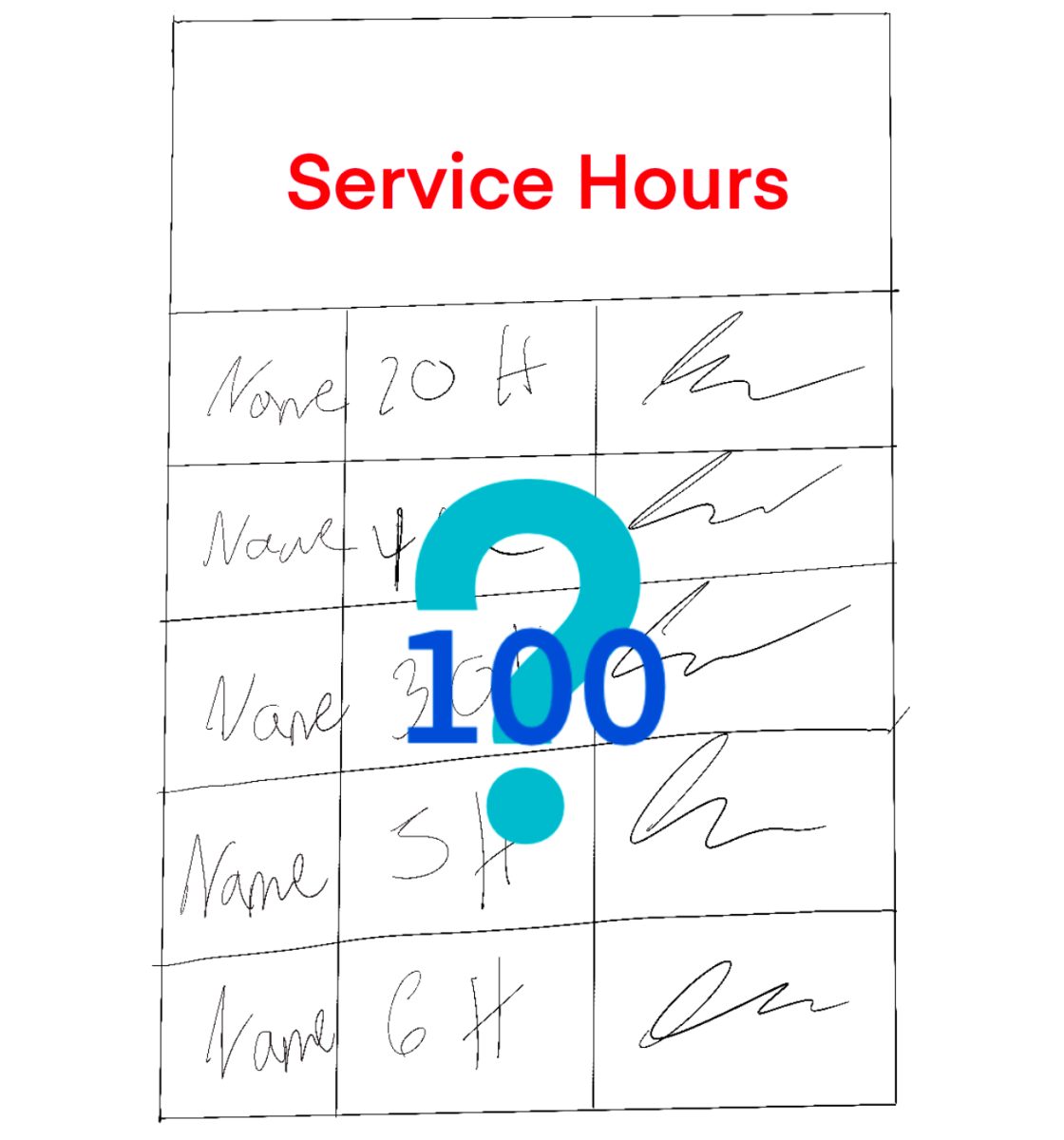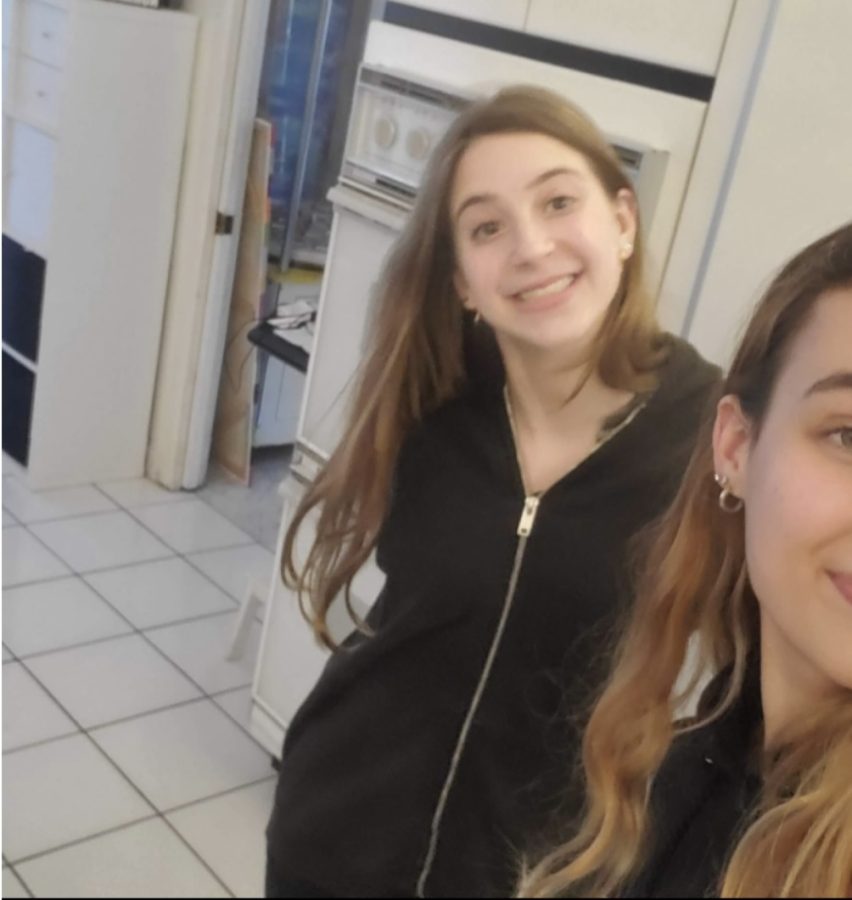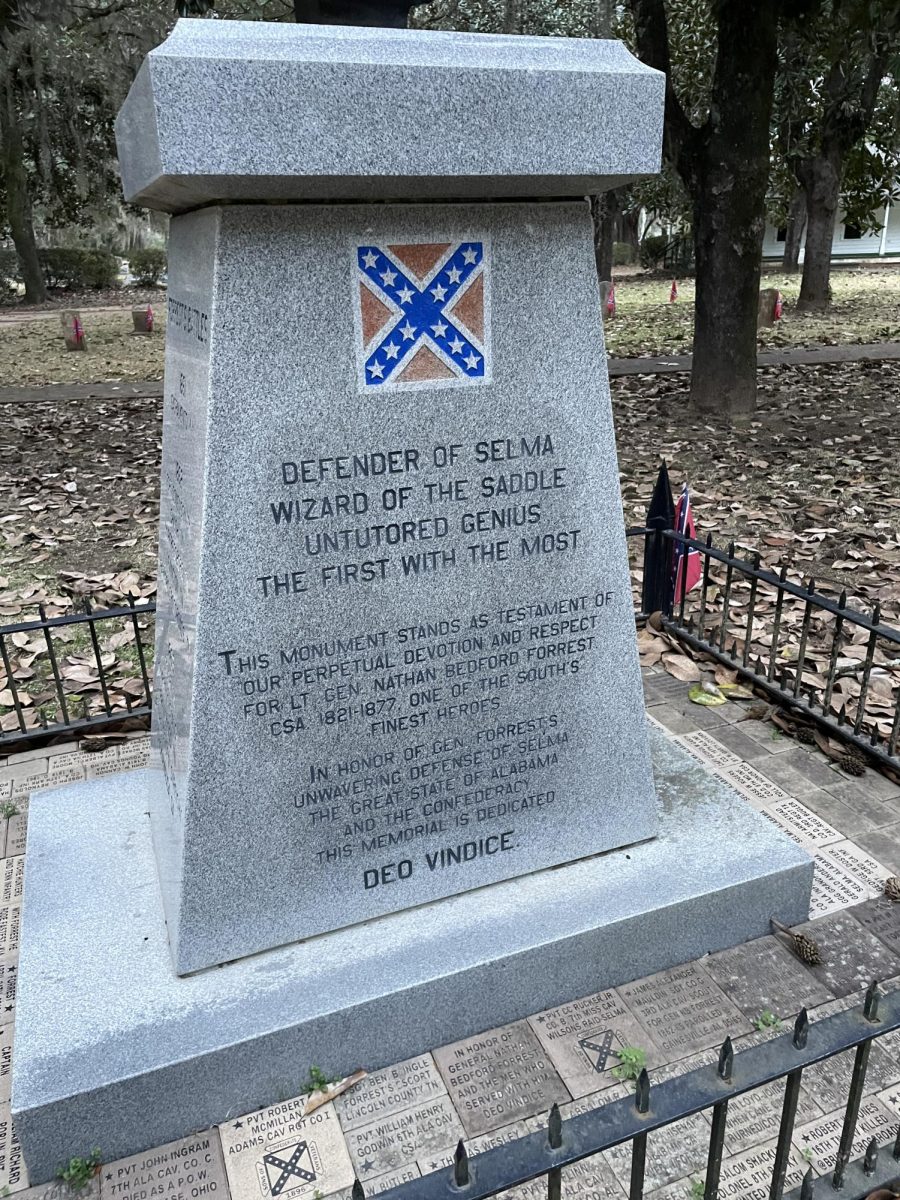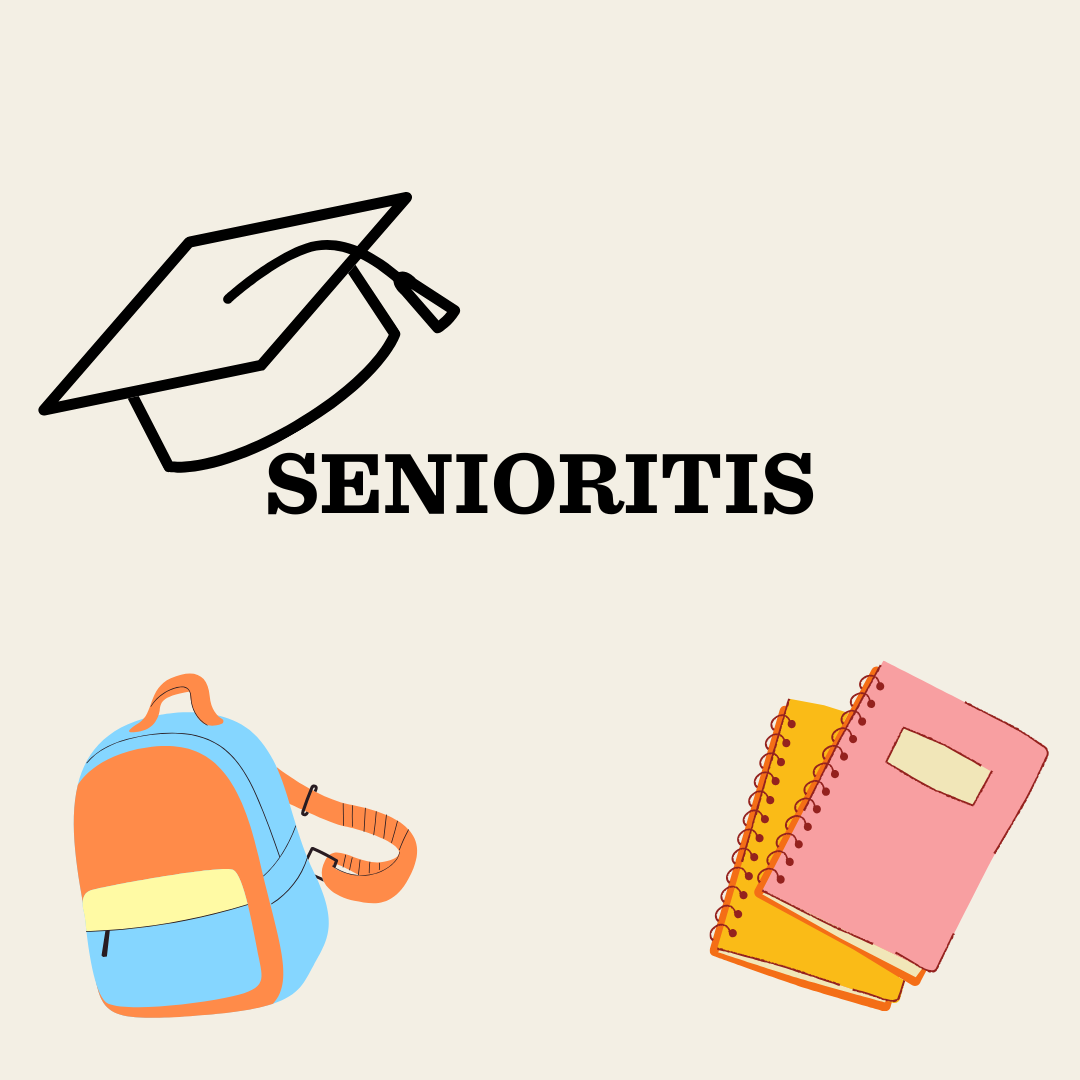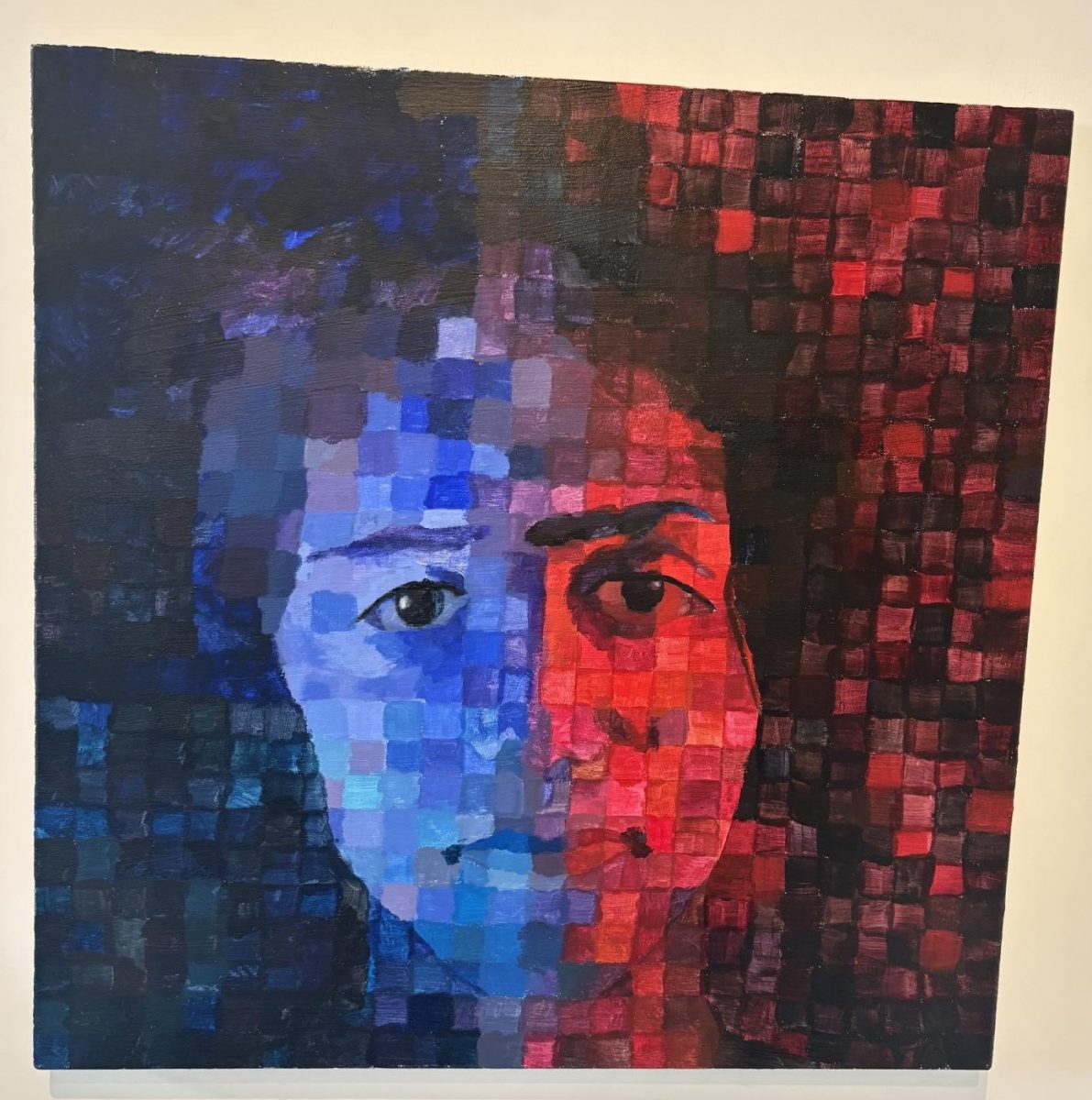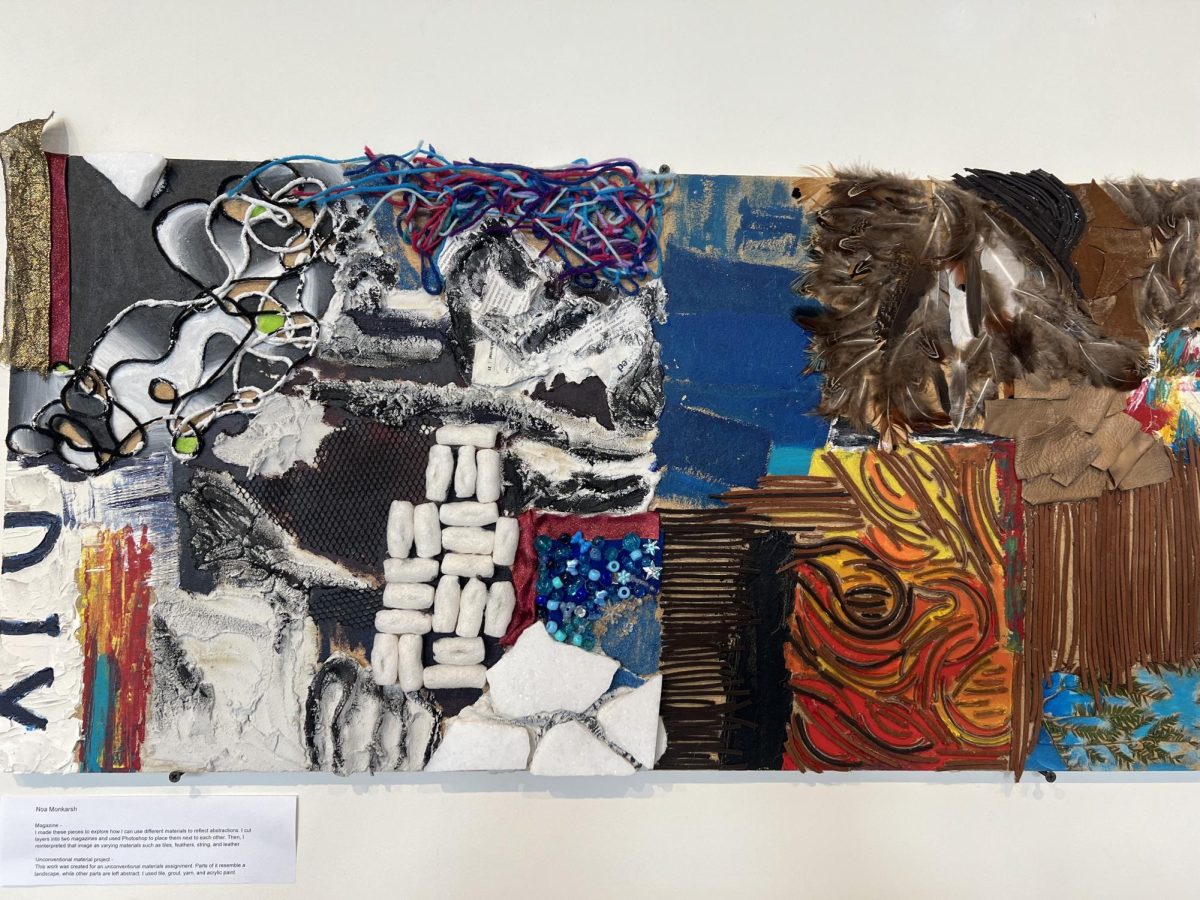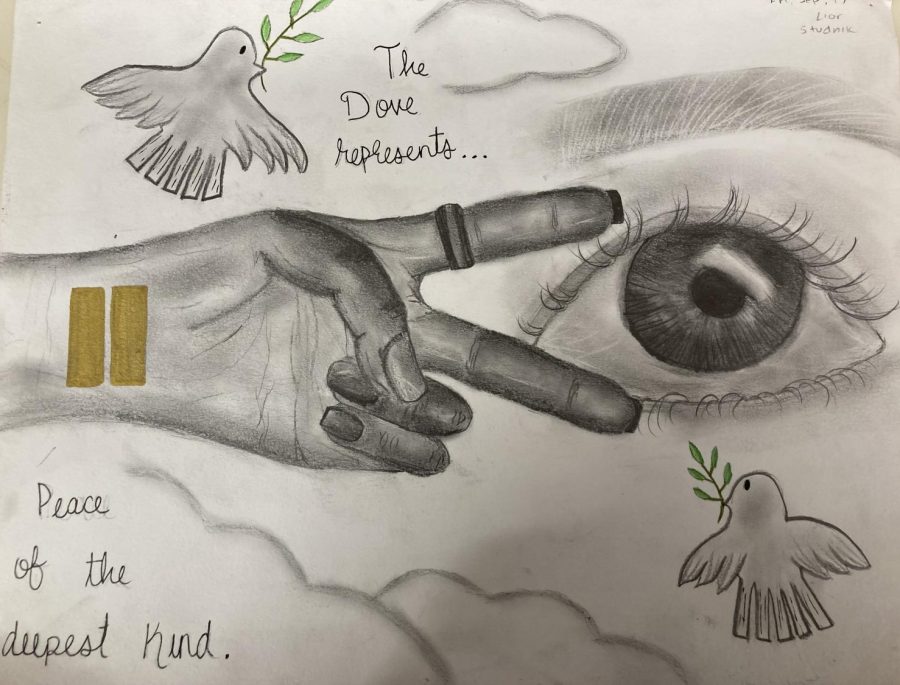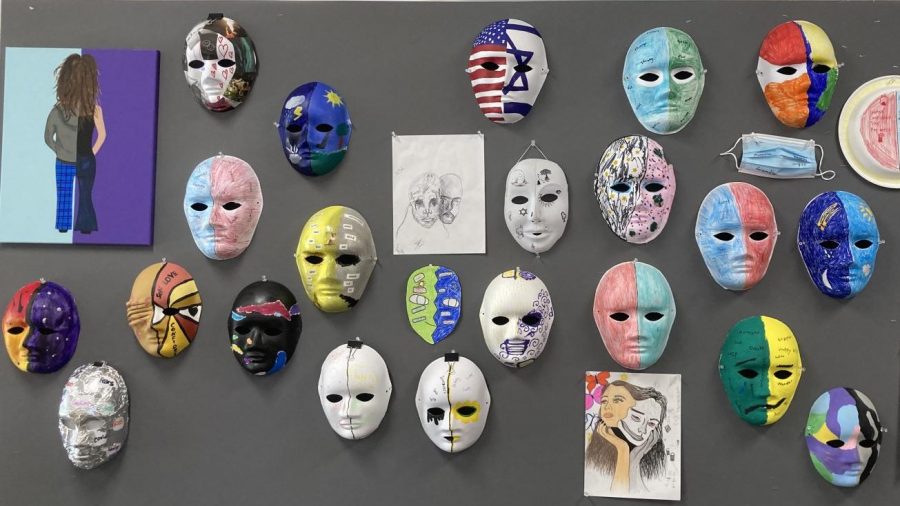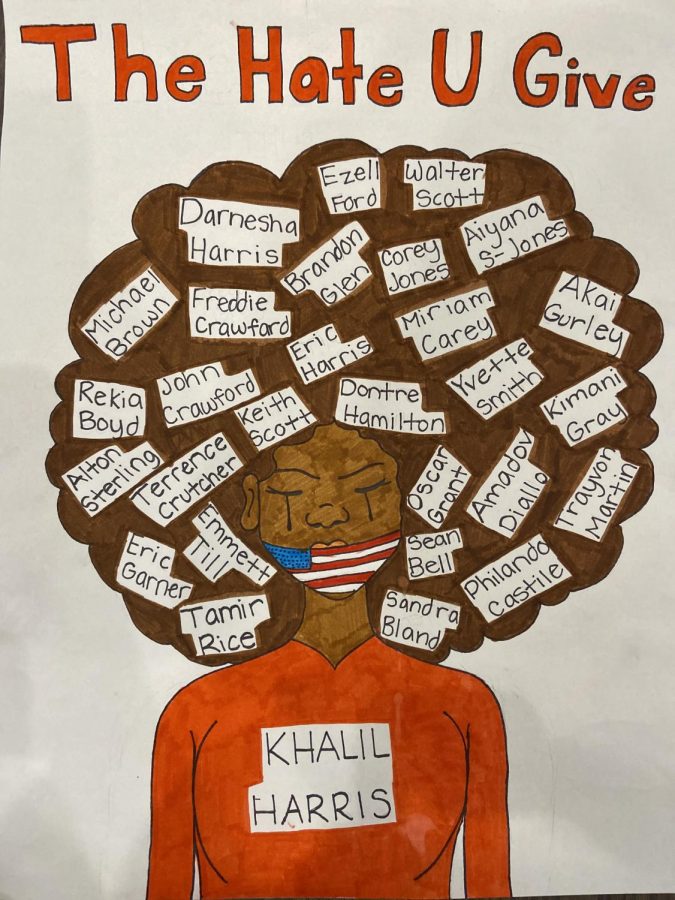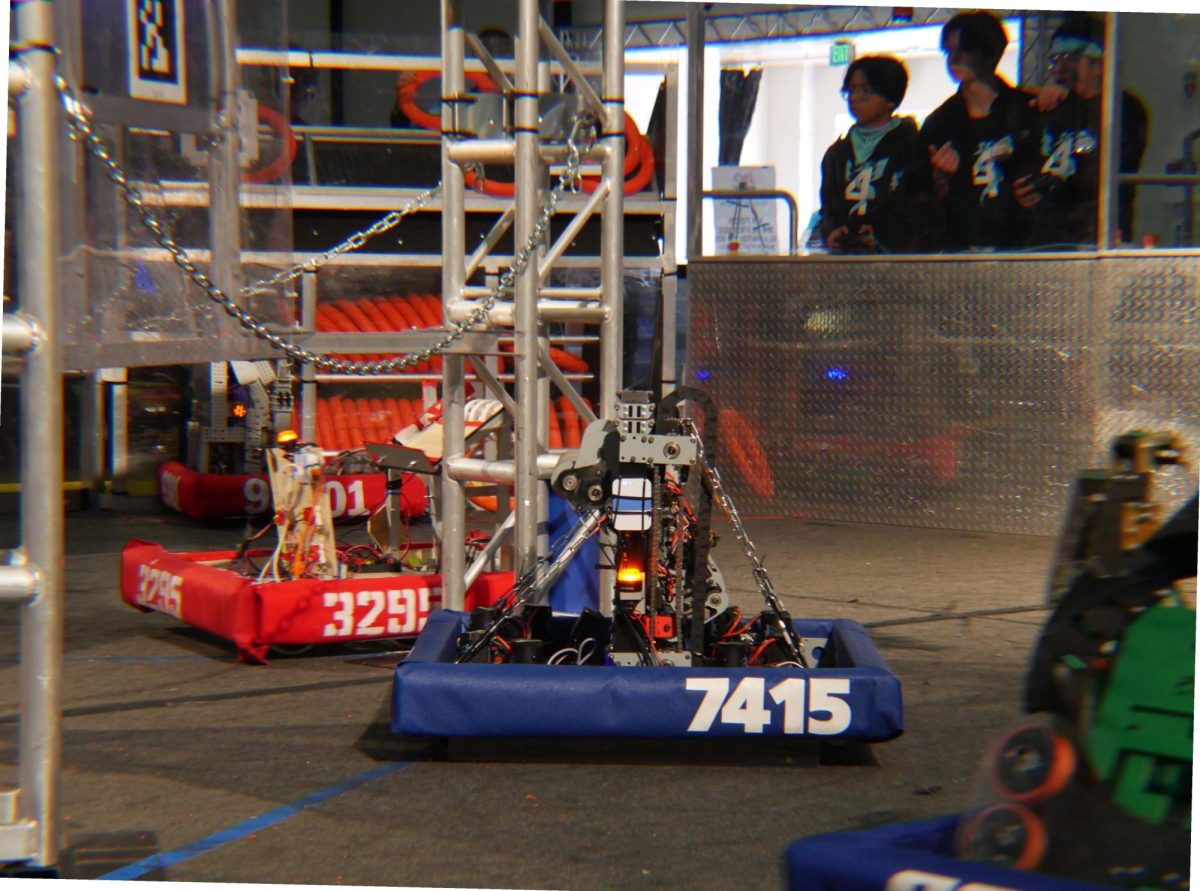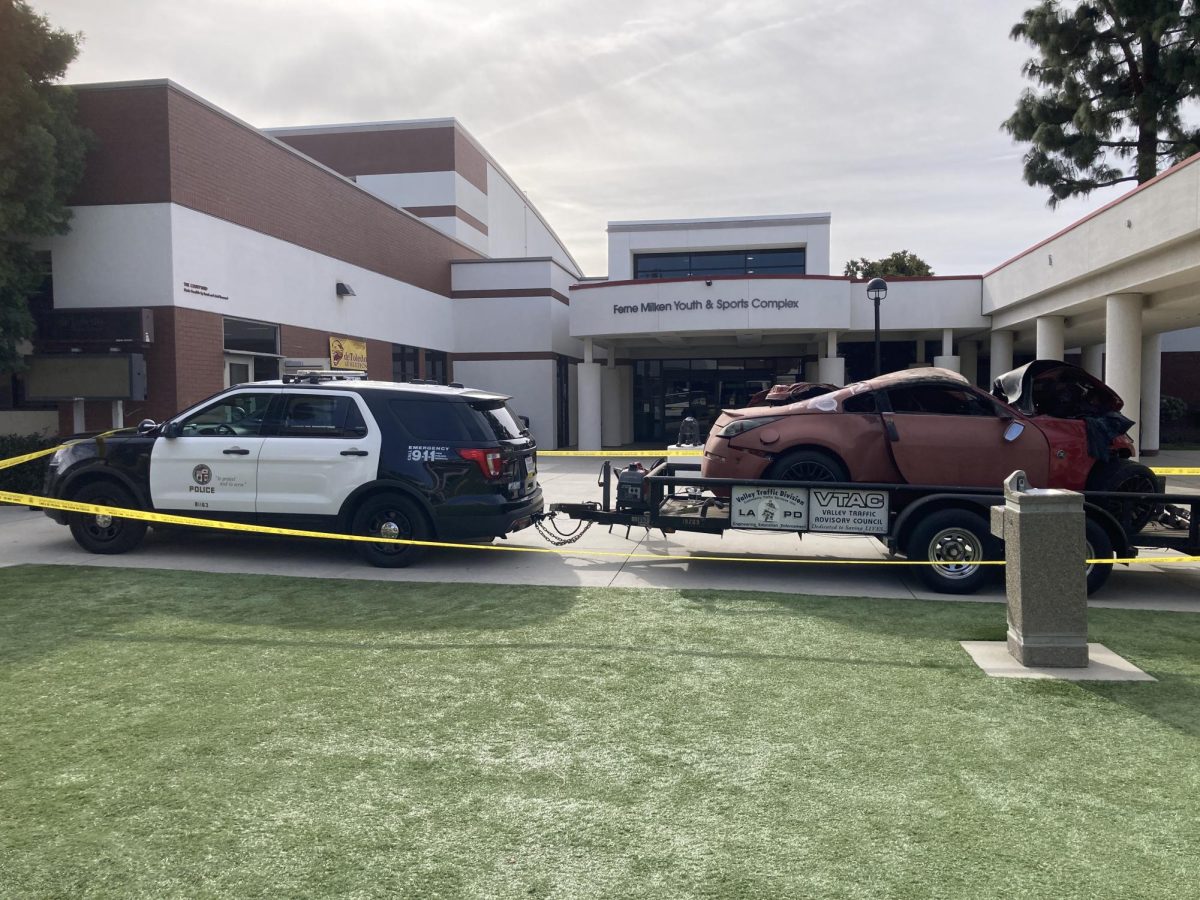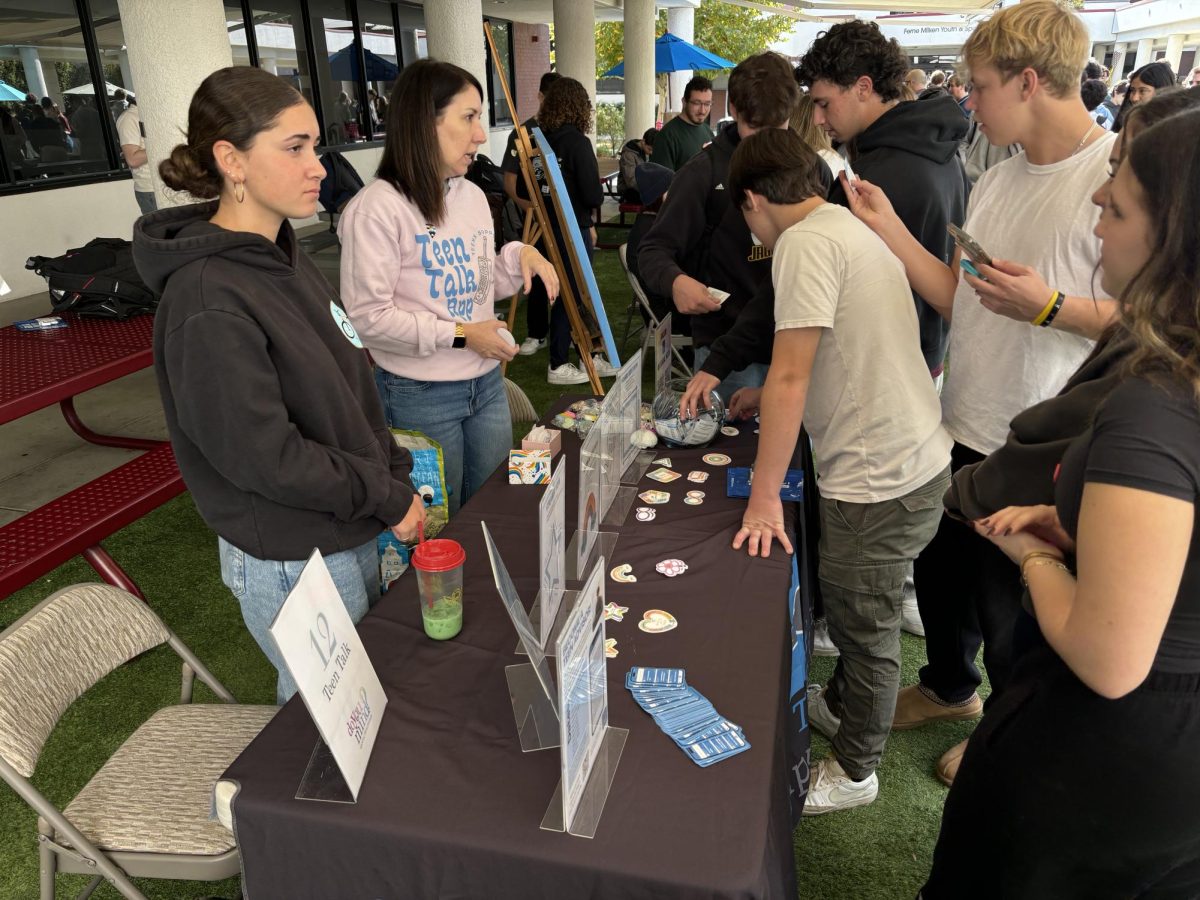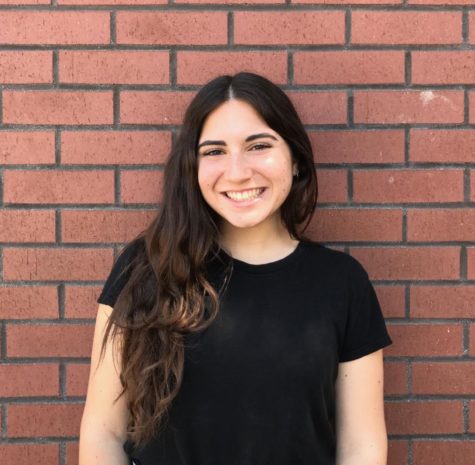2018 STEAM Showcase: The Interface of Scientific Advancement and Entrepreneurial Spirit

March 22, 2018
On Sunday, March 11, dTHS hosted its fifth annual STEAM Showcase, where students had the opportunity to share their innovative and scientific research projects with the school community.
Mr. Shpall, Head of School Designate, introduced the showcase, highlighting the importance of “critical thinking skills, problem solving skills, and the ability to collaborate” as the qualities necessary to succeed in the professional world, as exemplified by the students who participated in the showcase.
On behalf of the science department classes, seniors Ryan Ofman and Michael Brandt presented their experiments on Climate Change. They created a biosphere to measure small changes of the disastrous effects of climate change on the earth.
Using bearberries and tundra moss, as well as several scientific tools of measurement, they successfully proved their hypothesis, which states that increasing temperatures and increasing levels of CO2 make climate change increasingly more dangerous to the planet the longer it progresses.
Henry Roland’s presentation surrounded using Ethanol as a source of renewable energy, as there is only a finite amount of fuel that can be extracted from the earth. Over the past six months, he has worked to prove his theory through experiments that Ethanol is a viable source of energy for the future.
Roy Vatkin experimented with a specific form of biomass, sugar cane, to prove that this is a potential renewable resource.
“Fossil fuels are eventually going to run out, potentially in our lifetime or in the proceeding generation, so we need to find a renewable resource that will be able to sustain us in the future,” said Vatkin.
Following the experimental projects of the science department classes, Mr. Vacca introduced the work of several students as part of the year-long Entrepreneurship class.
Started in 2014, the Entrepreneurship program inspires students to “learn how to solve problems, create jobs, master themselves to lead others, and fuel innovation in the world around them,” said Mr. Vacca.
The Perlman Entrepreneurial Academy aims to raise and foster the next generation of business leaders and visionaries.
The first group to present, called “Everything Food,” was pioneered by Adam Schoenfeld and Ariel Puterman. In their presentation, they discussed the app they have created to make grocery shopping more accessible, simple, and efficient. The app includes features including health, nutrition, and price comparisons.
Following “Everything Food” came another design for an app, developed by Yarden Henn, Roey Mevorach, Alec Esses, and Jonathan Silver, creators of “Immpel,” an app that strives to make money, primarily change, more efficient, so as to ultimately save money for consumers.
By partnering with students from the UC Berkeley computer programming class to create a demonstration app, these entrepreneurs hope to bring people a way to effectively save money in the near future.
The next presenter, senior Eitan Haziza, has worked to create an app that allows consumers to find inexpensive concert tickets. By paying a monthly, bi-yearly, or yearly membership fee, this app allows consumers to attend as many concerts and festivals as they please, ultimately saving money in the process.
Finally, Tommy Tal, presented his invention, “The Pill,” which is a tool that allows people to carry medication in a simple bracelet for efficiency and convenience. He additionally brought the constructed bracelet to demonstrate to the audience how his invention can better the lives of consumers everywhere.
Following the presentations of students enrolled in the Entrepreneurship class came the final presentations of the day surrounding inventions and research projects. Students enrolled in various Science Academy classes had the opportunity to share the projects they have been working on throughout the course of the school year, specifically those of the Robotics and Engineering class and the Spirulina Initiative.
“The Science Academy is a program designed to create scientific and innovative thinkers by combining science, technology, engineering, arts, and math,” said Mrs. Hovsepian to the audience.
The Spirulina Initiative is a course that focuses on growing a microalgae filled with nutrients that has the potential to put an end to world hunger. It is a brand new program this year. By teaching dTHS students how to grow Spirulina, the students can in turn teach others to grow it as well.
In their presentation, Daniella Buchbut and Claudia Shemtov discussed the importance of Spirulina and how it can be utilized to help areas where malnutrition is prevalent. dTHS is partnering with Herzliya Hebrew Gymnasium in Tel Aviv, Israel, to create a program that brings Spirulina to countries in need.
In the final presentation of the day, the Robotics and Engineering presentation, headed by Jonah Lavi and Edward West, discussed the robot that the students have programed. Using the brand new MakerSpace and the tools in it, the students learned how to use new technology in the creation of their robot.
With new, creative, and inspiring projects, the dTHS students have shown that they have the drive and capacity to become the next generation of scientists, researchers, entrepreneurs, and leaders.

